Applying Systems Thinking for Nutrition
Practitioners working in nutrition must start thinking about the effect food, health, and education systems have on nutrition practices and outcomes.
Practitioners working in nutrition must start thinking about the effect food, health, and education systems have on nutrition practices and outcomes.
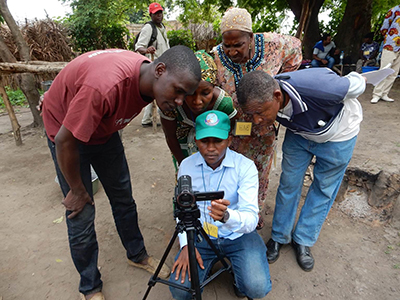
In 2016, the SPRING project began providing technical assistance in Guinea with funding from USAID’s Bureau of Food Security (BFS) to test small-scale approaches for improving dietary diversity within the prefecture of Faranah.
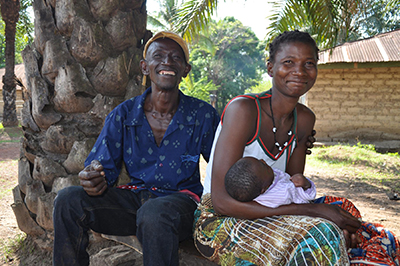
The SPRING project began working in Sierra Leone in January 2016 through funding from the USAID Bureau for Food Security (BFS).
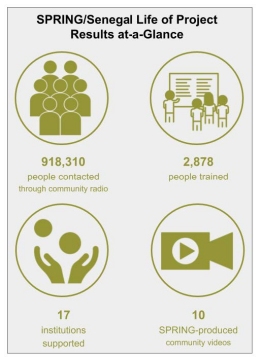
The Strengthening Partnerships, Results, and Innovations in Nutrition Globally (SPRING) project launched a two-year program in Senegal in November 2015 focused on creating, testing, and learning from local partnership approaches to improve the nutritional status of pregnan
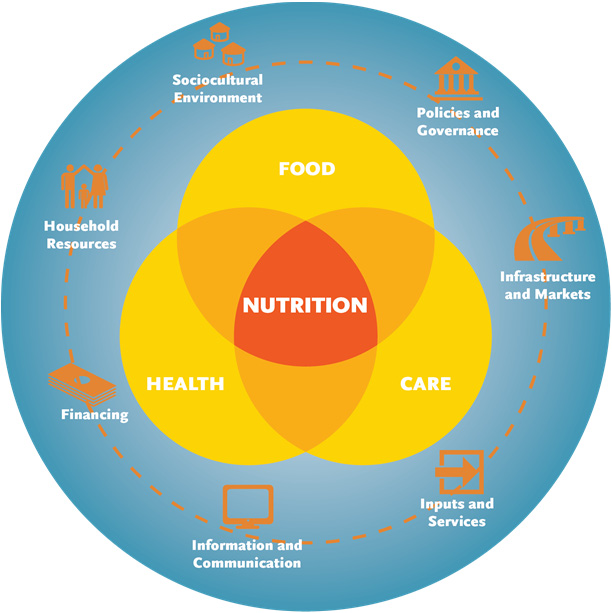
Today, the world faces a double burden of malnutrition, with almost three billion people suffering from either undernutrition or overweight (FAO 2013). No country is untouched by this crisis.
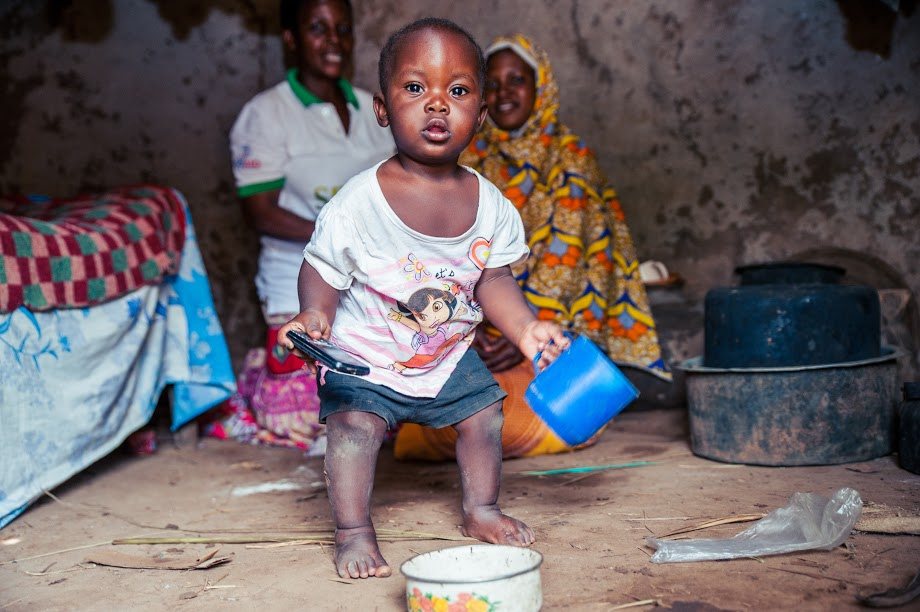
Getting nutrition commitments cemented into other sectors' plans and strategies at global, national and program levels will demand lengthy and sensitive negotiation, backed up wi
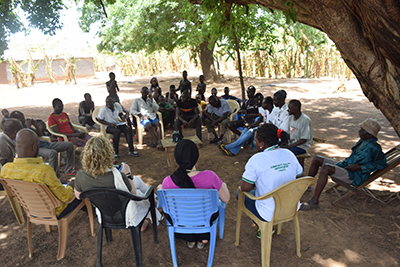
Poor nutrition is one of the most important challenges to the development and growth of nations and communities. In its recent Global Nutrition Coordination Plan 2016–2021, the U.S. Government committed to “improving nutrition throughout the world in order to enhance health, productivity, and human potential” (USAID 2016).
This short video is a brief overview of the work that SPRING has been doing in the Kyrgyz Republic since the project began in 2014.

According to the 2013 Global Burden of Disease study, diet and nutrition-related factors represent the greatest risk factors for disease worldwide. The scope of malnutrition is enormous; billions of people are affected worldwide and it is estimated to cost the global economy 3.5 trillion U.S.